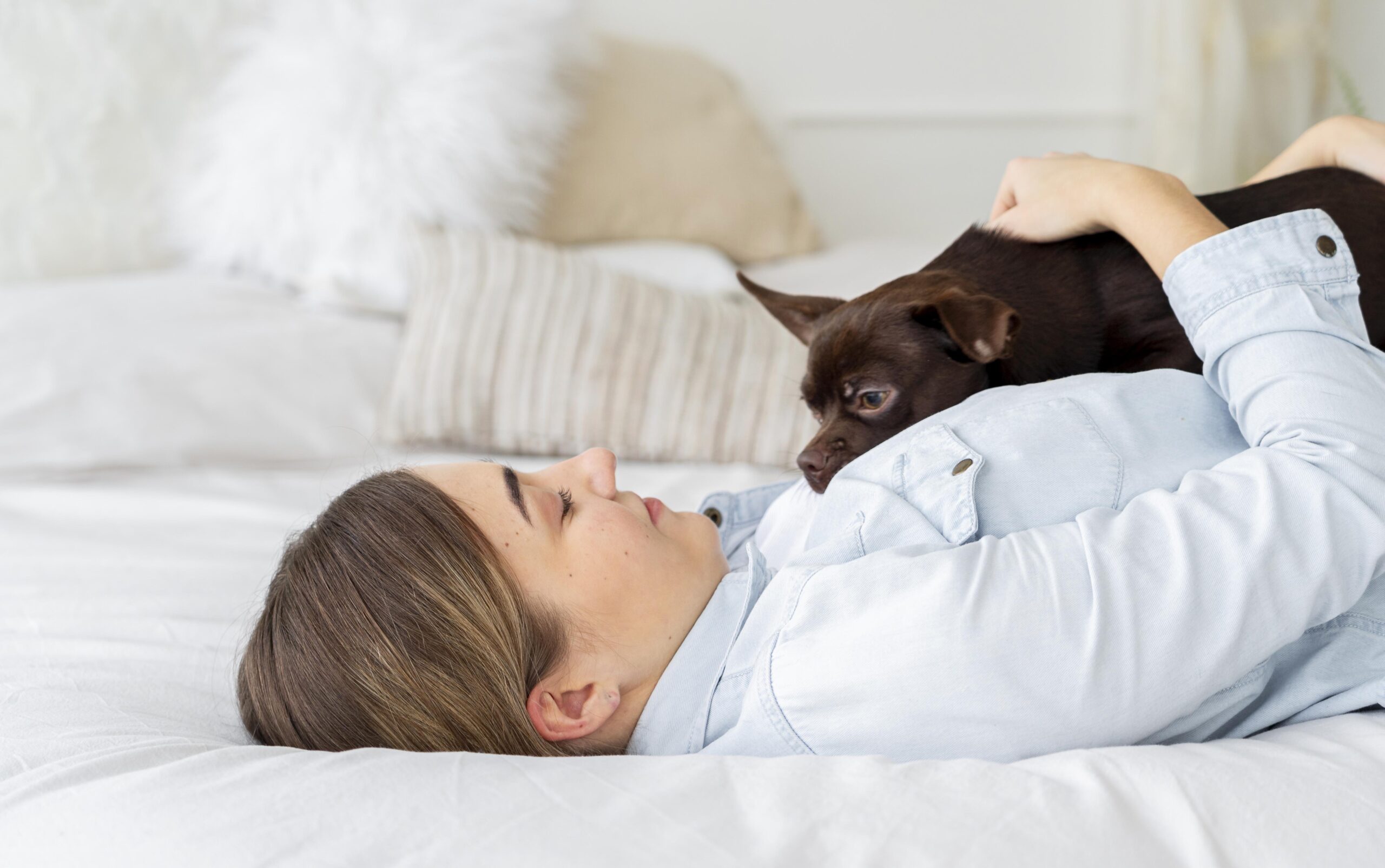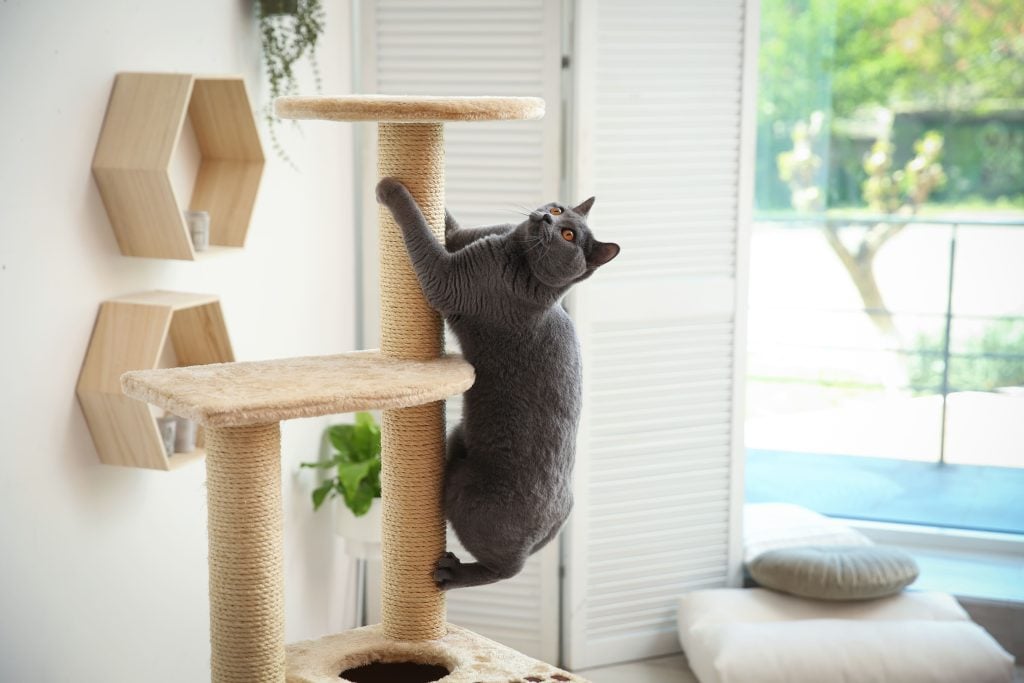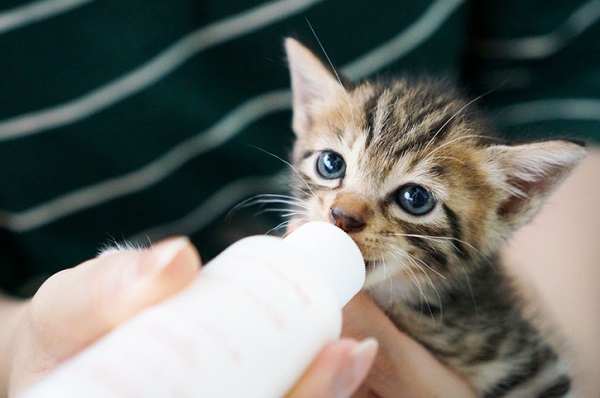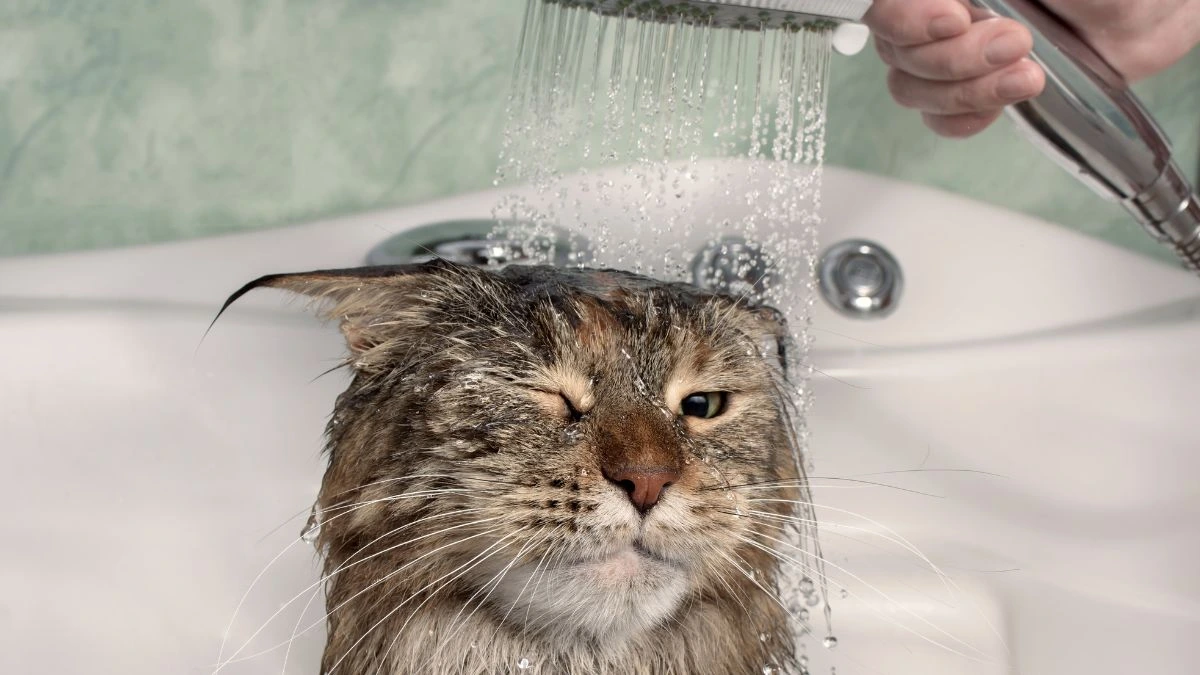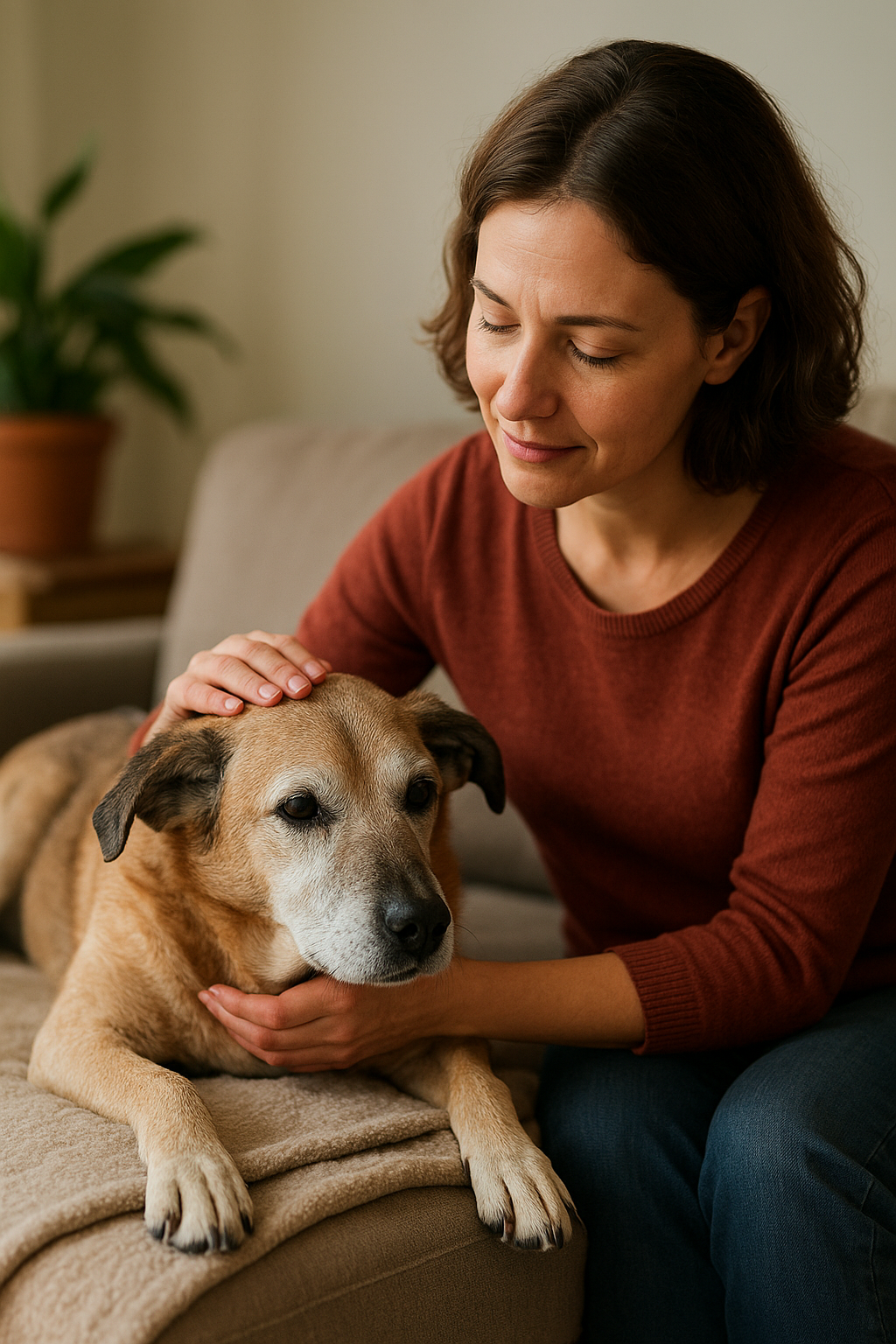Just like humans, dogs and cats need quality sleep to stay healthy, balanced, and happy. While pets tend to sleep more than people, poor-quality rest or irregular sleep can impact their mood, behavior, and even physical health.
Whether you’ve noticed your pet waking frequently, pacing at night, or simply not resting comfortably, this guide will help you improve your dog or cat’s sleep quality—creating a more peaceful environment for everyone in your home.
Why Sleep Quality Matters for Pets
Sleep is crucial for:
- 🧠 Mental health: Sleep helps regulate mood and reduces anxiety.
- 💪 Physical recovery: Rest is essential for muscle repair and immune function.
- 🐾 Behavioral balance: Well-rested pets are calmer, more focused, and less reactive.
- 🐶 Growth and development: Puppies and kittens especially need extra sleep for proper development.
While dogs sleep 12–14 hours per day (even more for puppies and senior dogs), cats average 13–16 hours daily—and some nap up to 20 hours!
Common Signs of Poor Sleep in Dogs and Cats
Not sure if your pet is getting good rest? Here are some signs that may indicate poor sleep quality:
- Restlessness or frequent position changes during the night
- Pacing, whining, or vocalizing at odd hours
- Sleeping too much or too little during the day
- Irritability or lack of interest in activities
- Difficulty settling down at bedtime
If your dog or cat shows these behaviors regularly, it may be time to make adjustments to their sleep routine.
1. Create a Comfortable Sleeping Space
Just like us, pets sleep better when their space is quiet, cozy, and secure.
🐶 For Dogs:
- Choose a bed with the right support—memory foam beds are great for older dogs with joint issues.
- Place the bed in a low-traffic area, away from noise and drafts.
- Consider using a crate with soft bedding for dogs who enjoy den-like environments.
🐱 For Cats:
- Provide multiple sleeping spots—cats love options!
- Choose elevated beds, boxes, or window perches for security.
- Use soft blankets or plush bedding to help them feel safe and relaxed.
Avoid placing your pet’s bed near noisy appliances, bright lights, or cold floors.
2. Keep a Consistent Routine
Pets thrive on routine, and a regular schedule helps regulate their internal clocks.
- Set consistent feeding times
- Schedule playtime before bedtime to release energy
- Avoid stimulating activities right before sleep (like loud games or guests)
Try to go to bed and wake up at the same times every day—even on weekends. Your pet will adapt to the rhythm and rest better because of it.
3. Ensure Daily Physical and Mental Exercise
One of the most common causes of nighttime restlessness in pets is excess energy.
🐕 Dogs:
- Take your dog for daily walks or runs
- Offer interactive toys and puzzles to tire their brain
- Play tug, fetch, or scent games to satisfy instinctual drives
🐈 Cats:
- Use laser pointers, feather wands, or balls to simulate hunting
- Hide treats around the house to create a mini treasure hunt
- Give access to window views for daytime stimulation
Tired pets sleep more deeply and wake less often at night.
4. Minimize Disruptions During Sleep Time
To protect your pet’s rest, make their sleep environment as peaceful as possible:
- Dim the lights and reduce noise
- Use white noise machines to mask sounds like traffic or neighbors
- Keep TVs, loud music, and conversations to a minimum in sleeping areas
If your pet is sensitive to fireworks, thunderstorms, or other sounds, consider calming aids like anxiety vests, calming sprays, or diffusers with pheromones.
5. Address Temperature and Seasonal Comfort
Temperature plays a big role in sleep comfort:
- In winter, make sure beds are insulated or elevated off cold floors
- In summer, provide cooling mats or place beds away from sunny windows
- Don’t overdress or overheat pets with thick blankets unless necessary
Also, brushing your pet regularly (especially long-haired breeds) helps regulate body temperature.
6. Try Soothing Sleep Aids (If Necessary)
If your dog or cat struggles to relax, consider natural, vet-approved sleep aids:
- Lavender-scented sprays (safe for dogs, not recommended for cats)
- Chamomile-infused treats (check with your vet first)
- CBD oils or chews (only use vet-approved products)
- Comfort toys or heartbeat toys—especially for puppies and kittens
Never give human sleep medications to your pet unless prescribed by a veterinarian.
7. Don’t Reinforce Attention-Seeking Behavior at Night
If your pet wakes you at night for attention, try not to reinforce the behavior by getting up or playing.
Instead:
- Ensure all needs (bathroom, water, feeding, comfort) are met before bedtime
- Gently ignore the behavior unless it’s truly urgent
- Reinforce quiet, calm behavior with morning affection and praise
With consistency, your pet will learn that nighttime is for resting—not for attention.
8. Watch for Underlying Health Issues
Sometimes sleep problems stem from discomfort, pain, or illness. If your pet is:
- Waking frequently
- Crying or whining at night
- Sleeping much less or more than usual
- Struggling to lie down comfortably
…it’s time to consult a veterinarian. Conditions like arthritis, anxiety, digestive issues, or urinary problems could be disturbing their rest.
Creating a Restful Home for You and Your Pet
Sleep is a cornerstone of health—for both humans and animals. By making a few simple adjustments to your home, routine, and environment, you can help your dog or cat rest more peacefully each night.
Remember: a well-rested pet is a happier, healthier, and more balanced companion. Whether it’s a cozy new bed, a relaxing bedtime routine, or a little more playtime each day, your efforts will pay off in wagging tails, gentle purrs, and peaceful nights for all.

